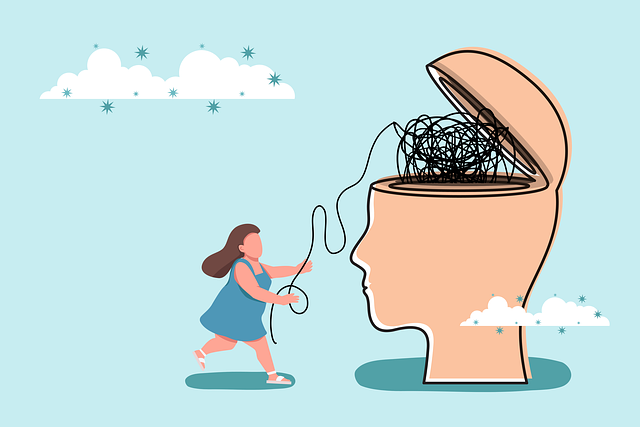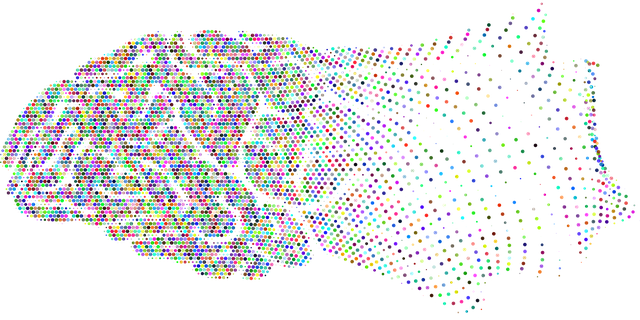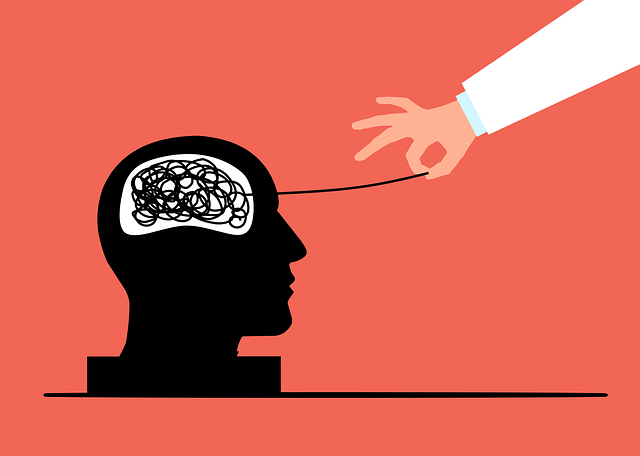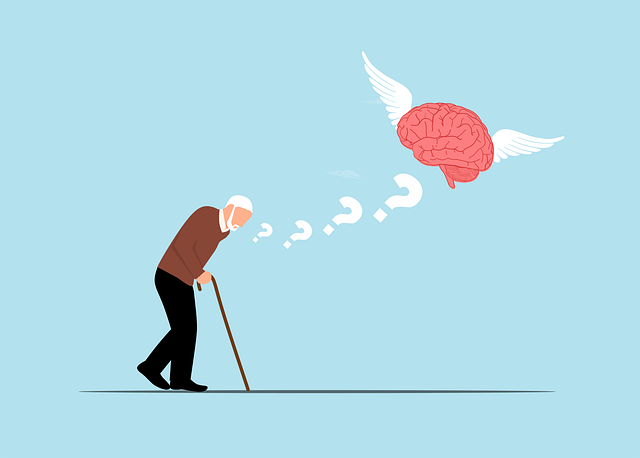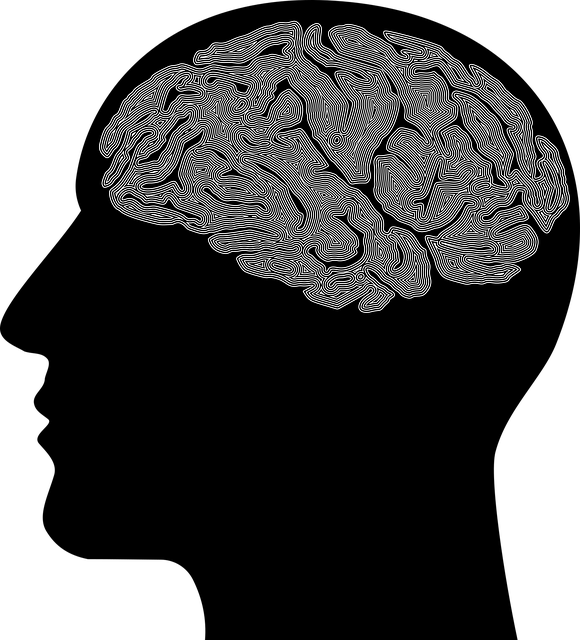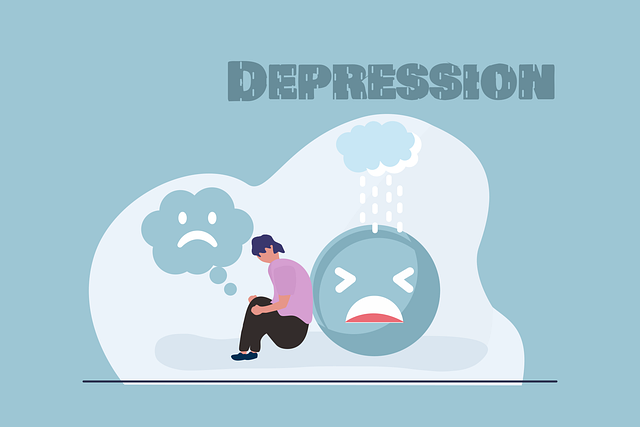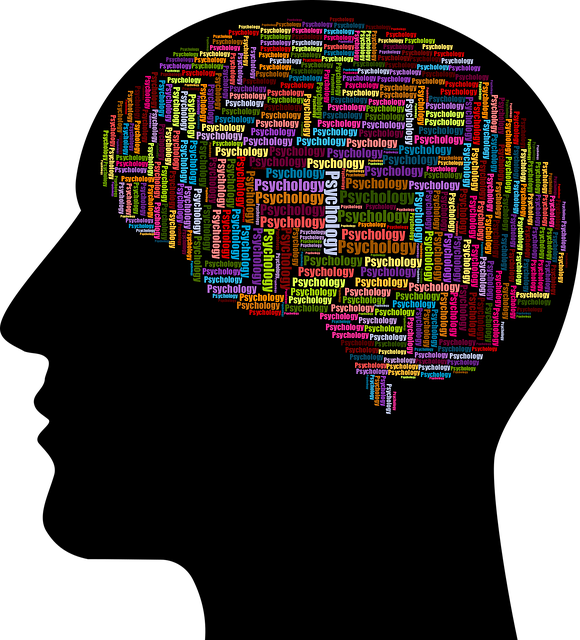Mental health advocacy drives awareness and understanding through various initiatives that dispel stereotypes, foster support systems, and ensure access to quality care. Key aspects include public education about mental health conditions, early intervention, and resources for help-seekers. Compassion cultivation and mood management practices create empathetic environments encouraging open conversations. Mental Health Awareness campaigns play a pivotal role in recognizing symptoms and seeking professional help. Golden Learning Disability Therapy (GLDT) offers specialized support tailored to individuals with learning disabilities, empowering them through personalized care that integrates evidence-based practices to enhance emotional intelligence and manage mental health effectively. Community engagement fosters supportive networks and prevents issues like depression, while educational initiatives break down stigma and shape societal perceptions. Policy shifts enhance care accessibility by destigmatizing mental illness and providing financial support for programs like GLDT, leading to improved outcomes and more inclusive communities.
Mental health advocacy initiatives play a pivotal role in fostering well-being and breaking down barriers. This article explores various strategies, including Golden Learning Disability Therapy, that empower individuals and communities. We delve into the power of education, policy reforms, and community engagement to enhance mental health support. Understanding mental health advocacy is crucial for creating a more inclusive society where everyone has access to quality care, especially through innovative approaches like Golden Learning Disability Therapy.
- Understanding Mental Health Advocacy: A Necessary Push for Awareness
- The Role of Golden Learning Disability Therapy in Empowering Individuals
- Community Engagement: Building Support Networks for Better Mental Well-being
- Educational Initiatives: Breaking Stigma Through Knowledge
- Policy Changes and Their Impact on Accessible Mental Health Care
Understanding Mental Health Advocacy: A Necessary Push for Awareness

Mental health advocacy is a crucial push for raising awareness and understanding about mental health issues within communities. It involves various initiatives aimed at breaking down stereotypes, promoting support systems, and ensuring access to quality care. One significant aspect of this advocacy is educating the public about different mental health conditions, their symptoms, and available treatment options. This includes highlighting the importance of early intervention and providing resources for those seeking help.
Compassion Cultivation Practices and Mood Management are integral components of these efforts. By fostering an environment of empathy and understanding, we can create a supportive network that encourages open conversations about mental health. Mental Health Awareness campaigns play a pivotal role in this journey, encouraging folks to recognize signs, offer assistance, and seek professional help when needed. Moreover, initiatives like Golden Learning Disability Therapy contribute to this cause by providing specialized support tailored to individuals with unique needs, ensuring no one is left behind in the pursuit of better mental well-being.
The Role of Golden Learning Disability Therapy in Empowering Individuals

Golden Learning Disability Therapy (GLDT) plays a pivotal role in empowering individuals with learning disabilities and mental illnesses by offering specialized support tailored to their unique needs. This therapeutic approach goes beyond traditional therapy, focusing on fostering self-acceptance, building resilience, and promoting independent living skills. Through GLDT, individuals learn to navigate challenges related to their disability, such as anxiety, depression, or social isolation, which are often exacerbated by societal perceptions and stigma.
By integrating evidence-based practices and strategies, GLDT facilitates the development of emotional intelligence—a key component in managing mental health effectively. It equips participants with essential tools for stress management, helping them recognize and cope with triggers, and promoting overall well-being. Moreover, these therapy sessions encourage social interaction and community engagement, reducing feelings of isolation and fostering a sense of belonging. Such initiatives are crucial in supporting individuals to lead fulfilling lives while challenging the pervasive mental illness stigma reduction efforts.
Community Engagement: Building Support Networks for Better Mental Well-being

Community engagement plays a pivotal role in mental health advocacy by fostering support networks that promote well-being and prevent issues like depression. By integrating mental health awareness into local communities, especially through initiatives targeting vulnerable groups such as those with learning disabilities, we can facilitate early interventions and better mood management. Golden Learning Disability Therapy, for instance, exemplifies how tailored programs can empower individuals and their families, breaking down barriers to access and fostering a culture of care.
This approach not only enhances mental resilience but also equips community members with the skills to recognize risk factors and conduct effective risk assessments for mental health professionals. Through community-driven advocacy, there’s a greater chance of identifying subtle changes in behavior or mood, enabling timely support and interventions that can significantly impact positive outcomes.
Educational Initiatives: Breaking Stigma Through Knowledge

Educational initiatives play a pivotal role in mental health advocacy, and one of the most effective strategies is breaking down the stigma associated with mental illness through knowledge and understanding. Mental health awareness programs designed to educate communities, schools, and workplaces can significantly impact societal perceptions. These initiatives often take the form of workshops, seminars, and interactive sessions that provide valuable insights into various aspects of mental wellness, including common mental disorders, their symptoms, and available support systems.
By integrating these educational programs, such as those offered by Golden Learning Disability Therapy, into mainstream education and community settings, we can foster an environment where mental health concerns are openly discussed. This open dialogue helps reduce the stigma, encourages individuals to seek help early, and promotes better overall mental health in communities. Through tailored Mental Health Education Programs Design, people gain a deeper understanding of their own mental state and that of others, leading to increased empathy and support for those facing mental health challenges.
Policy Changes and Their Impact on Accessible Mental Health Care

Policy changes play a pivotal role in shaping the landscape of mental health care accessibility. Initiatives aimed at destigmatizing mental illness and advocating for better support systems often lead to significant shifts in public policy. These policies can range from expanded insurance coverage for therapy services, such as Golden Learning Disability Therapy, to increased funding for community-based mental health programs. By addressing financial barriers and ensuring comprehensive insurance plans, individuals from diverse backgrounds can access the care they need.
This shift has profound implications for promoting emotional intelligence and fostering positive thinking. When policies prioritize mental well-being, it becomes easier for people to seek help without fearing financial strain or discrimination. Increased accessibility encourages early intervention, leading to better outcomes for those navigating mental health challenges. As Mental Health Awareness grows, policy changes drive a more inclusive approach, benefiting the overall emotional resilience of communities.
Mental health advocacy initiatives, encompassing various strategies from awareness campaigns to policy changes, play a pivotal role in fostering inclusive communities. As highlighted through approaches like Golden Learning Disability Therapy and educational programs, empowering individuals to understand and manage their mental well-being is transformative. By engaging communities and implementing accessible policies, we can break down barriers, reduce stigma, and ensure that quality mental health care reaches everyone who needs it. These efforts collectively contribute to a more compassionate and supportive society where mental health is prioritized and celebrated.

